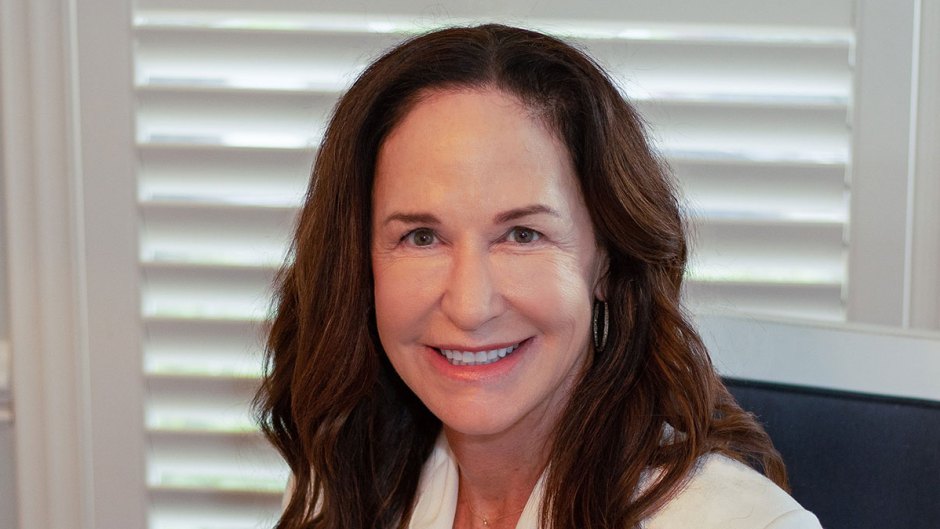
Christine Weiss Share Strategies for Parents with Autistic Children
Parenting is a tough job and becomes even more challenging when a child is diagnosed with autism. Parents of children with autism often face many challenges, such as behavioral problems, communication difficulties, and social isolation. However, there are strategies that parents can use to help their autistic children and make the parenting experience more manageable.
Christine (Chris) Weiss, author of the book “Educating Marston: A Mother and Son’s Journey Through Autism,” has gone through similar routes when raising a child with special needs. As they selflessly shared in their book, the personal struggles of the parents of a child with ASD (Autism Spectrum Disorder) can primarily be understood by those going through a similar experience. That was the general idea behind the book – “to serve as an information booklet for those needing guidance,” says Chris Weiss.
As Weiss points out, one of the essential strategies for parents of autistic children is to be patient and understanding. “Autistic children often struggle with communication and social skills, and parents need to be patient and understanding of their child’s limitations.” Weiss also believes that parents should try to communicate with their children in a way that they can understand and strive to be patient when the child takes longer to respond or doesn’t respond. She says it is all part of the process. The parents and the child are learning and must know how to cooperate.
Another important strategy, according to Weiss, is to create a structured environment for the child. Autistic children often thrive in a structured environment, and having a consistent routine can help reduce stress and anxiety. Weiss says, “Parents can make it easier for themselves and their child by creating a visual schedule; or a simple checklist to help their child understand what they need to do each day.” When implemented correctly, the parents can use timers to help the child transition from one activity to another.
Weiss also notes that it’s important for parents to set clear expectations for their child’s behavior and progress. Autistic children often struggle with impulse control. The parents can use positive reinforcement to reward good behavior and provide consequences for negative behavior.
Social skills are another area where autistic children often struggle. Parents can help by providing opportunities for social interaction and teaching their children social skills as long as necessary. It’s a structured process, she points out. She says the most effective strategy for parents of autistic children is to educate themselves about autism.
By learning about autism, parents can better understand their child’s behavior and develop effective strategies for dealing with challenges. Many resources are available for parents, such as books, support groups, and online forums. Parents can also work with professionals, such as therapists and educators, to develop strategies for helping their children.
Therapists can help with behavior management, communication skills, and social skills. Educators can help by creating individualized education plans that meet the child’s unique needs and provide accommodations to help the child succeed in the classroom. Finally, parents of autistic children should take care of themselves. They can seek support from family and friends, participate in self-care activities, and seek professional help.
In conclusion, parenting a child with autism can be challenging, but there are strategies that parents can use to make the experience more manageable. By being patient and understanding, creating a structured environment, setting clear expectations, teaching social skills, educating themselves, working with professionals, and taking care of themselves, parents can help their autistic children thrive.
Chris Weiss wanted to provide readers with a roadmap of her journey of helping her son Marston and what is available in the world of autism treatment, and he did all he could to contribute. The book includes a comprehensive list of resources and organizations and a thorough discussion of various therapies and interventions, including facilitated communication and umbilical cord blood/stem cell therapy.
Written in partnership with Samantha Davis
Members of the editorial and news staff of Closer Weekly were not involved in the creation of this content.























